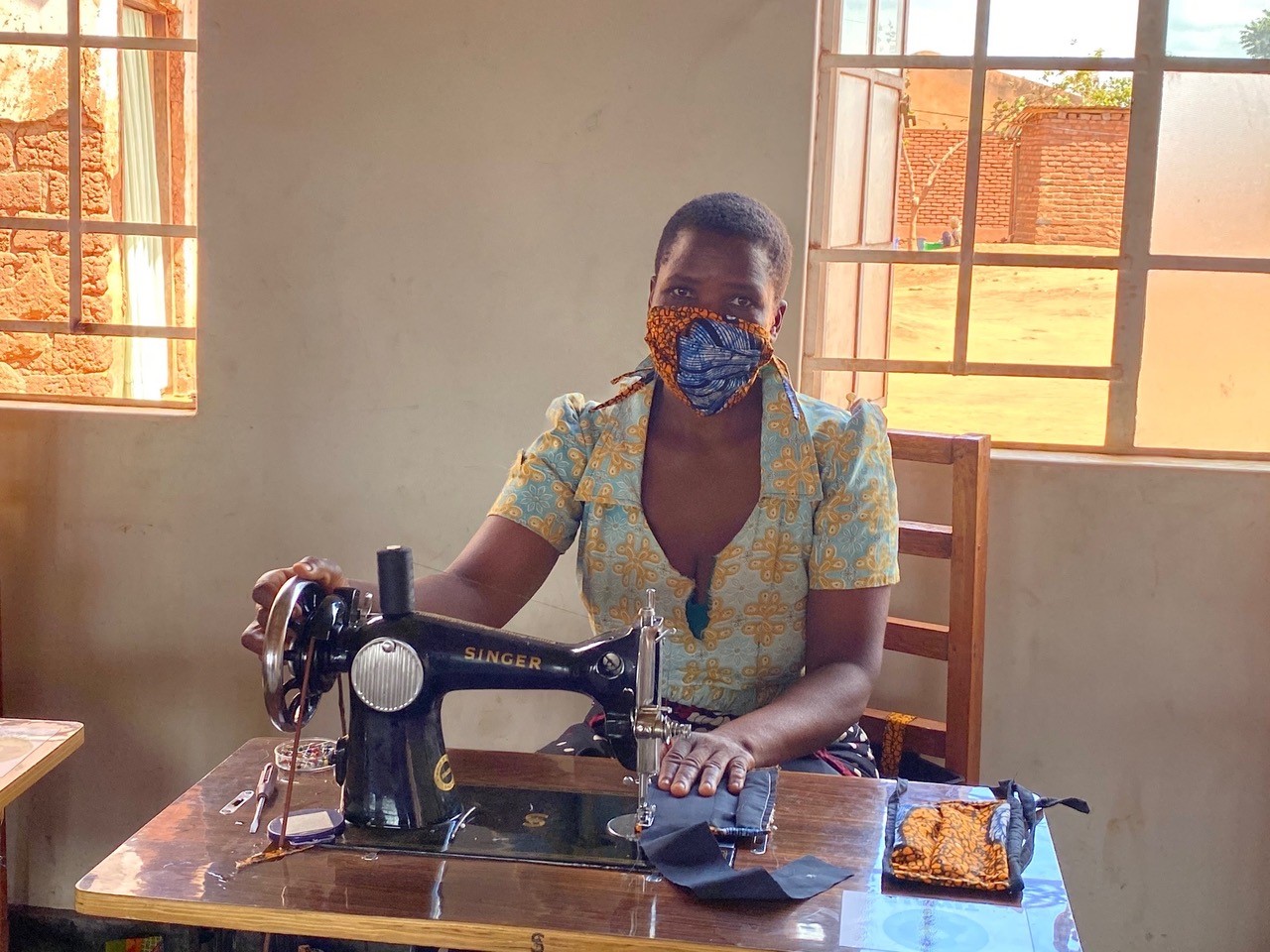Very early during the COVID-19 pandemic, young people demonstrated their ingenuity and solidarity by helping at-risk community members such as older persons or persons with medical conditions. I have witnessed several examples of this, ranging from young people organizing themselves in small groups to coordinate deliveries of food and medication to those who need to stay home, to youth in my home country – and countless other countries – getting together to create engaging social medial messages raising awareness about contagion prevention. Young people were doing this as the pandemic was impacting their own lives, destroying their jobs, and disrupting their education.
In all types of crises and times of need, from climate change to armed conflict, young people have repeatedly proven they are quick to act and respond to local or global needs. I am profoundly convinced the climate change movement would not be where it is today without the actions and passion of young people. Now, more than ever, young people are rolling up their sleeves and taking steps to mobilize, organize, innovate, and deliver solutions toward the pandemic response and recovery.
The social entrepreneurship model is increasingly perceived by young people as a tool to do exactly that – mobilize, organize, innovate and deliver solutions – while generating employment. Young social entrepreneurs often live in the communities they seek to serve, which regularly include marginalized or underserved groups. Moreover, a growing number of young social entrepreneurs are focusing their efforts on global challenges such as promoting climate action, sustaining peace, addressing inequalities, and now, responding to the COVID-19 pandemic. Intriguingly, many young people see social entrepreneurship as a way to contribute to a multilateral approach. Indeed, social entrepreneurship is based on the same values as multilateralism, i.e. solidarity, reciprocity, trust and cohesion. These values are critical to building a solid social fabric which is essential deliver on the ambition of the 2030 Agenda and leave no one behind.
One of the key advantages of social enterprises is their relative financial independence and community anchor which allow them to complement broader responses to complex social challenges. Governments often face financial and institutional constraints that reduce their ability to address the needs of marginalized groups, while commercial enterprises — even those inclined to support social development — often shy away from contexts characterized by high risk and low profit potential. Social enterprises, with their focus on social impact, can help bridge this gap by providing customized services to those suffering from intersecting inequalities. Simply put, the recovery from the COVID-19 pandemic will not be successful unless it effectively reaches the most marginalized communities, those who are at risk of being left behind.
Youth social enterprises have been quick to react to the pandemic. One example is Tiwale, a social enterprise created by Ellen Chilemba - at the age of 18 - to improve the lives of women in rural Malawi. Tiwale quickly reoriented its tie-dye fabric activities toward sewing face masks to be donated to essential workers and sold to the public to support further the production. Without Tiwale, many people in rural Malawi might not have access to face masks and the protection they grant.

Youth social enterprises have tremendous potential to complement government actions aimed at addressing the needs of groups that may fall outside of mainstream responses to the pandemic. However, their full potential can only be unleashed by removing the many barriers young social entrepreneurs still face today. These obstacles include lack of access to funding, training, technical support and markets. Several of these obstacles are age-related, such as the minimum age to open a bank account, or the need to own land or a house (assets that take often a lifetime to acquire) to secure a business loan. Other obstacles are also disproportionally impacting young women, young migrants and rural youth and are often liked to stereotypes.
Unless rapid and swift measures are taken to remove the barriers to youth social entrepreneurship, neither young people nor their communities will realize their full potential. And if we do not remove the roadblocks preventing young social entrepreneurs to play their full role in the pandemic response and recovery, we will have a hard time to build back better.
As we are at a critical point in the pandemic response and recovery and need to leverage everybody’s contribution, I invite you to read the World Youth Report on Youth Social Entrepreneurship and the 2030 Agenda. The report, published by the UN Department of Economic and Social Affairs (UN DESA), seeks to support decision-makers in their efforts to develop an enabling policy environment for young social entrepreneurs.
by Elliott Harris, Assistant Secretary-General for Economic Development and Chief Economist, United Nations Department of Economic and Social Affairs (DESA).
This article is part of the Decent Jobs for Youth Blog Series: Youth Rights & Voices. The Blog Series highlights the impact of the COVID-19 pandemic on young women and men in the world of work and discusses action-oriented policy responses and solutions. If you would like to comment or contribute, please contact decentjobsforyouth@ilo.org.
Article